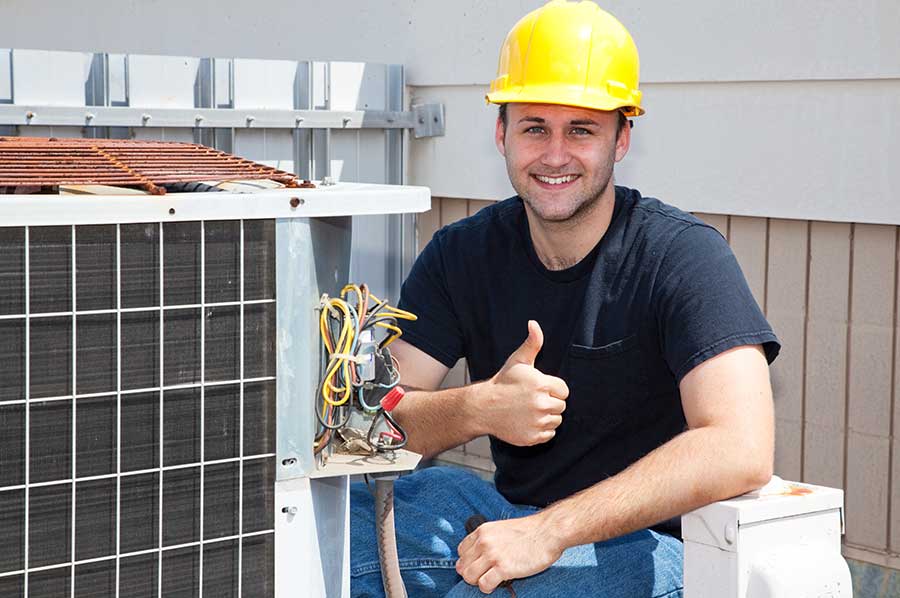
Commercial HVAC systems are essential for maintaining comfortable indoor environments, especially in Florida’s hot and humid climate. However, these systems can significantly impact the environment if not managed properly. This blog will explore the environmental implications of commercial HVAC systems and offer strategies for reducing their environmental footprint.
Energy Consumption and Carbon Footprint
Commercial HVAC systems are often responsible for a large portion of a building’s energy consumption, sometimes accounting for up to 40% of total energy use. In Florida, where air conditioning is a necessity for much of the year, this energy usage can contribute significantly to greenhouse gas emissions. The carbon footprint of these systems is primarily driven by the energy required to cool and ventilate large spaces.
Refrigerant Leaks and Ozone Depletion
Many commercial HVAC systems use refrigerants that can harm the environment if they leak. Older systems may still use chlorofluorocarbons (CFCs) or hydrochlorofluorocarbons (HCFCs), which are known to deplete the ozone layer. Although newer systems use more environmentally friendly refrigerants like hydrofluorocarbons (HFCs), these can still contribute to global warming if not handled properly.
Indoor Air Quality and Environmental Health
The efficiency of a commercial HVAC system directly impacts indoor air quality (IAQ). Poor IAQ can lead to health issues for building occupants and also contribute to environmental degradation. HVAC systems that do not effectively filter and circulate air can spread pollutants and allergens, creating an unhealthy indoor environment. This not only affects human health but also leads to increased energy consumption as systems work harder to maintain temperature and air quality.
Water Use and Waste
In Florida, where water conservation is a growing concern, the water usage of commercial HVAC systems cannot be overlooked. Cooling towers, a common component of these systems, require significant amounts of water to operate. If not properly maintained, these systems can waste water and contribute to local water shortages. Additionally, the chemicals used in cooling towers can be harmful to the environment if not properly managed.
Mitigating Environmental Impact
There are several strategies that businesses can adopt to reduce the environmental impact of their HVAC systems:
- Energy Efficiency Upgrades: Upgrading to energy-efficient HVAC systems can significantly reduce energy consumption and greenhouse gas emissions. This includes installing energy-efficient chillers, optimizing system controls, and using variable speed drives on fans and pumps.
- Regular Maintenance: Regular maintenance is crucial for preventing refrigerant leaks, ensuring efficient operation, and extending the life of the system. This includes checking for leaks, cleaning coils, and replacing filters regularly.
- Sustainable Refrigerants: Transitioning to low-global-warming-potential (GWP) refrigerants can reduce the environmental impact of leaks. Businesses should also ensure proper handling and disposal of refrigerants to prevent environmental harm.
- Water Conservation: Implementing water-efficient practices, such as using advanced cooling tower technology and water recycling systems, can help reduce the water footprint of HVAC operations.
- Improved IAQ Management: Utilizing advanced filtration systems and ensuring proper ventilation can improve indoor air quality and reduce the need for excessive energy use to maintain a comfortable environment.
Conclusion
Commercial HVAC systems are vital for businesses in Florida, but they also have a significant environmental impact. By adopting energy-efficient practices, regular maintenance, and sustainable technologies, businesses can reduce their environmental footprint while still maintaining comfortable and healthy indoor environments.